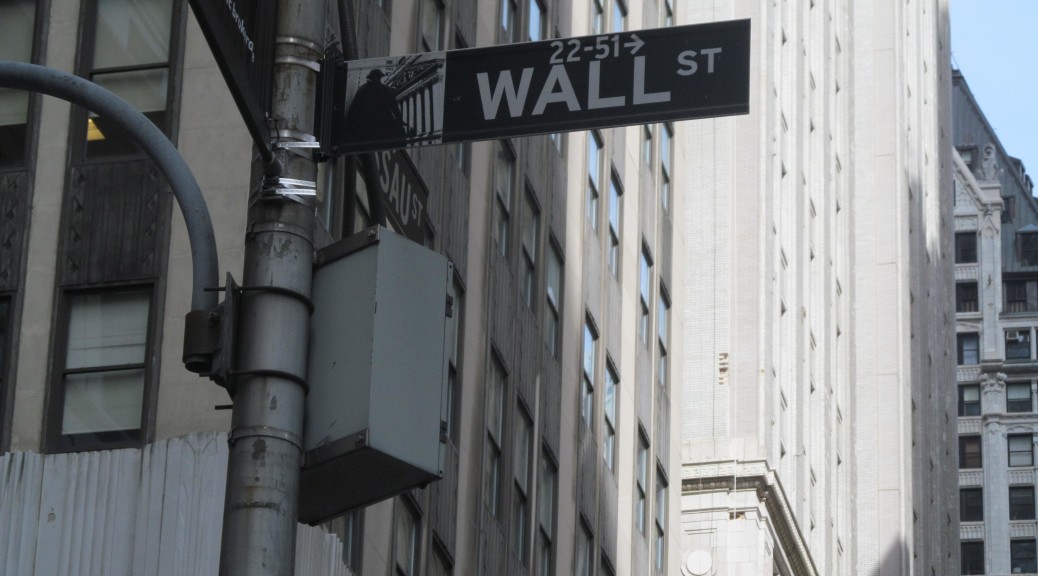
My latest article on Mises Canada takes on the Price Transparency Act, a piece of legislation that would allow the Competition Bureau to investigate alleged “price gouging” of Canadians. Here’s a bit of it:
The price transparency act aims to seek out firms that sell profitably in Canadian markets and shame them into charging lower prices for their outputs. I’ve seen complaints that, since the legislation doesn’t grant the Competition Bureau the power to set prices, the investigations will create costs for the government and for compliant firms without having any real impact on prices. Actually, that would be the best possible outcome. The legislation would be far more disastrous if it succeeded in its goal of putting downward pressure on prices. To do so would remove the incentive for entrepreneurs to efficiently employ their knowledge and insight in allocating resources. While bailouts famously socialize losses while privatizing gains, antitrust actions to reduce “gouging” effectively socialize gains while privatizing losses. We all know how privatized gains and socialized losses led investors to take excessive risks in the lead up to the financial crisis. If the antitrust authority steps in to force profitable firms to reduce prices, effectively socializing gains, then entrepreneurs will be excessively averse to risk taking. Entrepreneurs will not seek out opportunities for high profit if they anticipate that government officials will order them to reduce their prices if they succeed.
High profits are what motivate entrepreneurs to zealously pursue opportunities. Whether they achieve those profits or not, in pursuing them they bring their best knowledge and insight to bear on the problem of allocating scarce resources. High profits motivate entrepreneurs the same way a carrot can motivate a donkey. Mainstream economists are too worried about losing the occasional carrot to realize that taking away the carrot would seriously impair the donkey’s motivation to walk. Taking away the carrot would save a carrot, but it would forfeit something far more valuable. Similarly, while pushing down prices that far exceed marginal costs could reduce the deadweight loss in a particular time, place, and industry, doing so would hamper the entire entrepreneurial process.
Go read the whole thing.
The post Against the Price Transparency Act appeared first on The Economics Detective.

